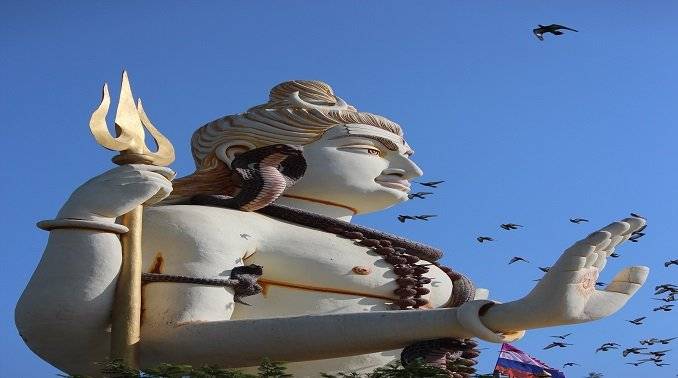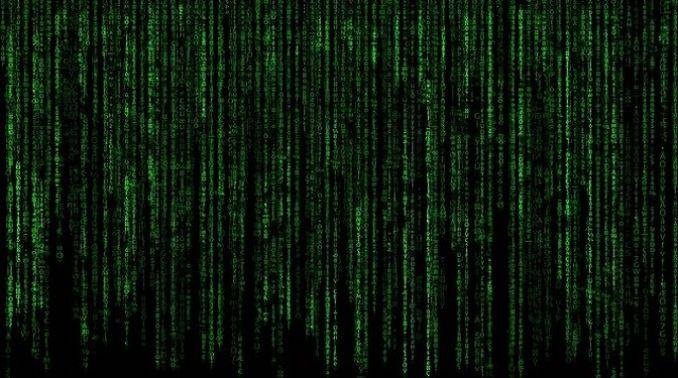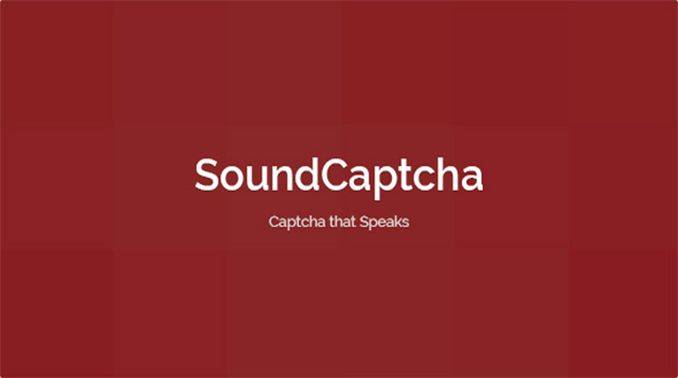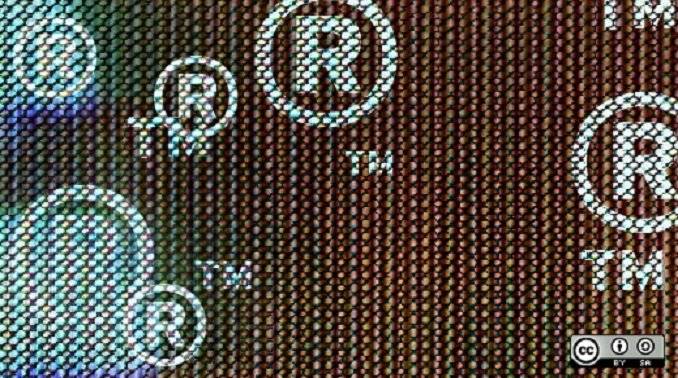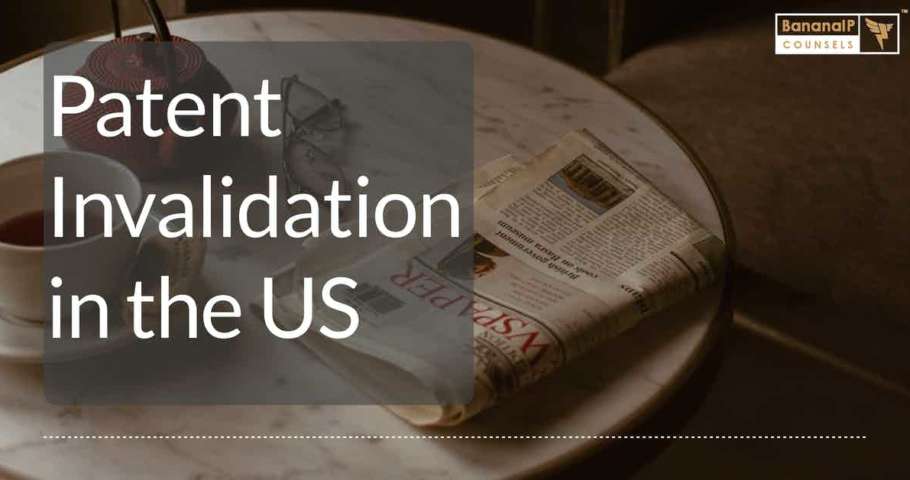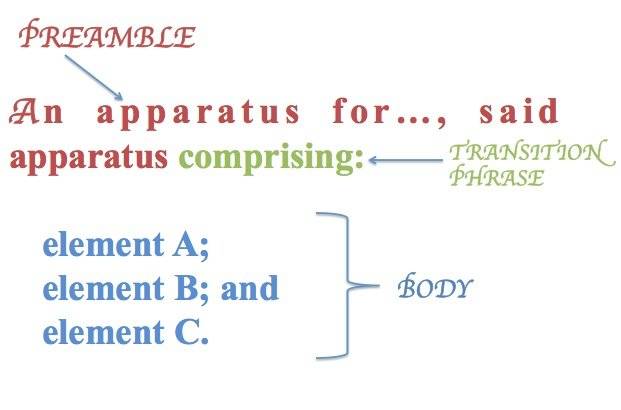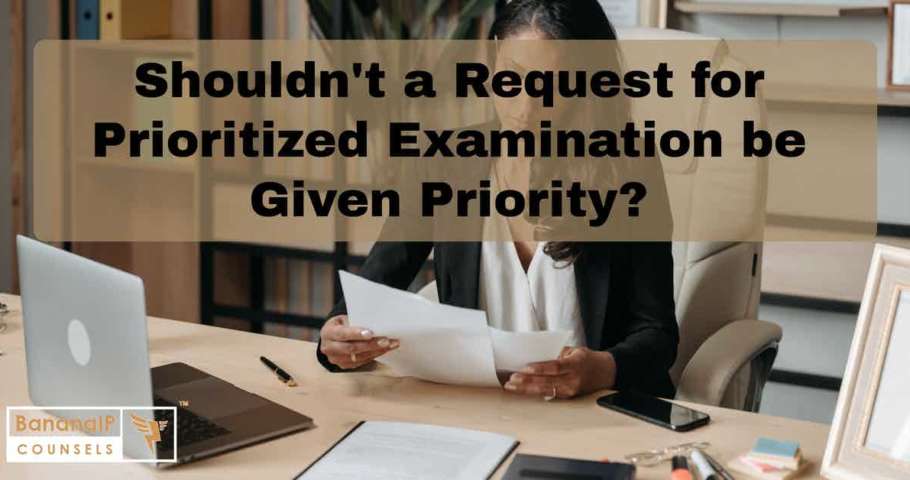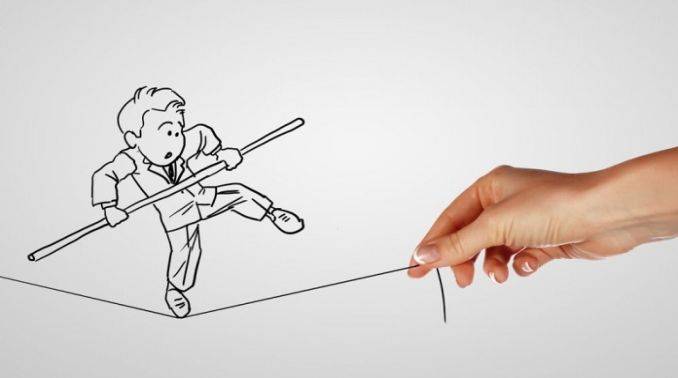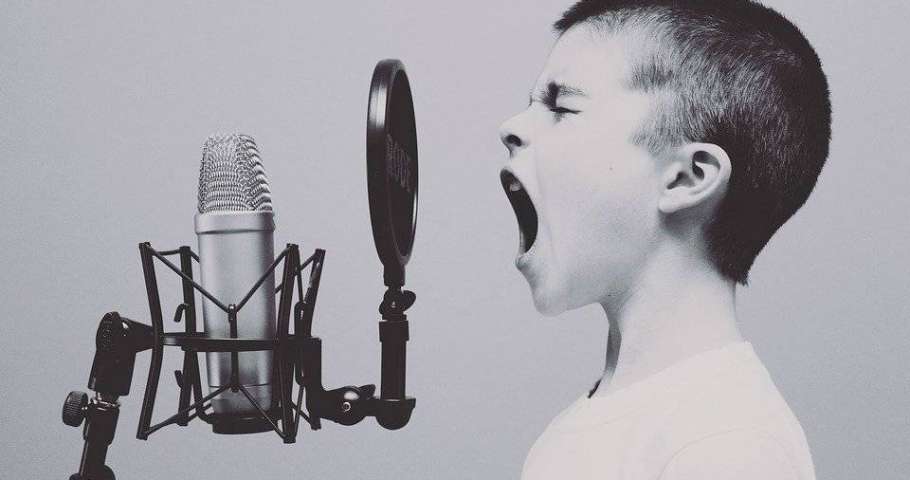This post was published on September 04, 2014.
In this continuation post on legal aspects of trademarking god's name, we shall look into a few cases where Courts have discussed whether or not one can trademark God's name and therefore have monopoly in using God's name as an Intellectual Property.
Usually, for a trademark used for a particular brand of goods or services, to be granted, it has to acquire secondary distinctiveness in its respective consumer market, and thus, one…
